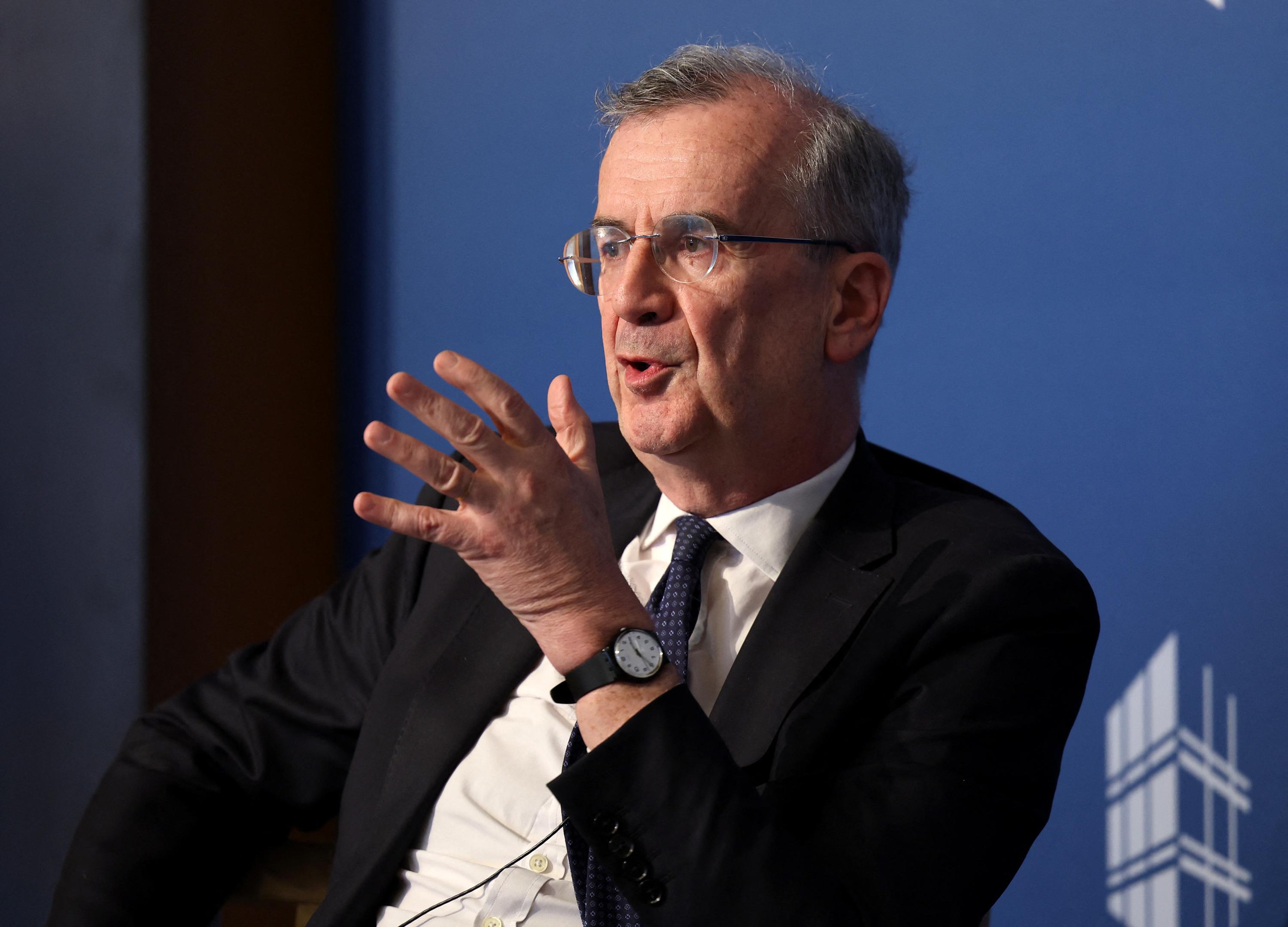Political Uncertainty in France Costs Growth and Highlights Governance Challenges
Political instability in France is hampering economic growth, with experts urging fiscal discipline and institutional reform amid governance challenges.
- • Political uncertainty costs France approximately 0.4-0.5% in GDP growth, about €12-15 billion, according to Banque de France.
- • Projected GDP growth is 0.3% for Q3 and 0.7% for 2025, with a public deficit expected at 5.4%.
- • Banque de France stresses reducing state spending before raising taxes, aiming to bring deficit to 3% by 2029.
- • Experts call for examining the constitutional framework enabling presidential irresponsibility, not just blaming Macron.
- • Political and economic stability require reforms to regain confidence from households and businesses.
Key details
France's ongoing political crisis, stemming from President Emmanuel Macron's controversial dissolution of the National Assembly in 2024, continues to impact the nation's economic growth and governance stability. François Villeroy de Galhau, Governor of the Banque de France, estimates that political uncertainty is costing the French economy between 0.4% and 0.5% in growth, which equates to a loss of roughly 12 to 15 billion euros. Despite a modest projected GDP growth of 0.3% in Q3 and 0.7% for 2025, Villeroy de Galhau stresses the urgent need to reduce the public deficit from its expected 5.4% to 3% by 2029 to stabilize public debt, focusing first on curbing state spending before considering tax increases.
Meanwhile, political analysts Sylvain Fort and Laëtitia Strauch-Bonart emphasize that while Macron bore significant responsibility for the crisis, the root issues lie within the constitutional framework of the Fifth Republic, which allows presidential irresponsibility. They argue for a deeper examination of the institutions rather than merely demanding the president's resignation. This interplay between political actions and institutional weaknesses has underscored governance challenges that further complicate economic recovery.
These insights highlight the multifaceted economic and political consequences of France's current instability, signaling the need for structural reforms and prudent fiscal management to restore confidence among households and businesses.
This article was translated and synthesized from French sources, providing English-speaking readers with local perspectives.
Source articles (3)
Source comparison
Latest news
France Returns the Djidji Ayôkwé Talking Drum to Côte d'Ivoire After Over a Century
Record 37 Days of Rain Triggers Ongoing Severe Flooding in Western France
Political Divisions and Social Tensions Intensify Following Quentin Deranque’s Death in Lyon
French Economy Minister Calls for Full Insurance Industry Mobilization Amid Devastating Storm Floods
France Boosts Social and Solidarity Economy with New Tools and Potential Tax Reforms in 2026
Saint-Nazaire Mayor Condemns Vandalism of Two Political Offices as Attack on Democracy
The top news stories in France
Delivered straight to your inbox each morning.

